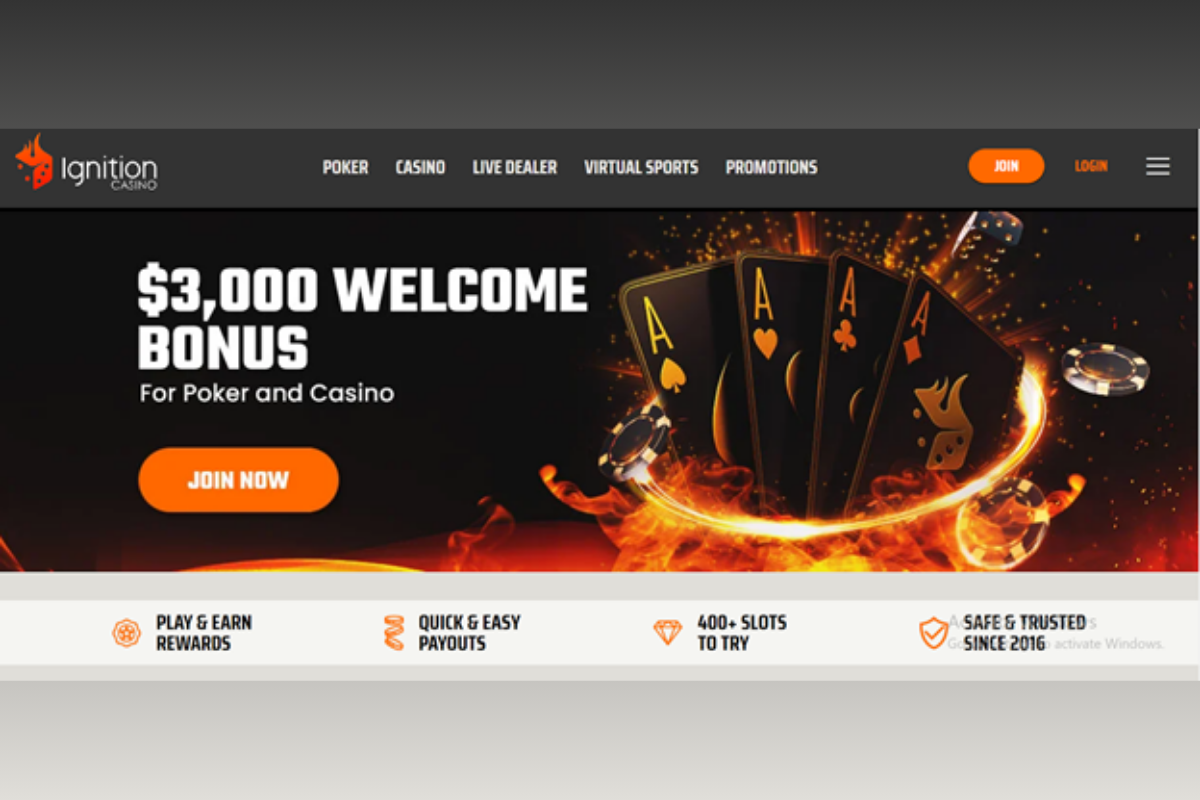Latest News
Cross-Border Trends Shaping the Future of Online Casino Gaming in Europe

Cross-border policies are increasingly curated in the light of the online gaming market value chain. This policy shift is driven by a number of factors, including increasing internet penetration, the growing popularity of gaming and gambling among young people particularly those in the working-age population, coupled with changing consumer lifestyles.
The transformation of Europe’s online casino segment is the direct consequence of modern consumers’ digital engagement. Terminal and server-based casinos are increasingly being replaced by their online counterparts, capable of offering an extensive array of games on demand.
According to the estimates of the European Gaming and Betting Association, revenues of the EU-based online gambling market have increased by approximately 25% per year over the last three years.
Estonia is one of the countries with a more developed and stable regulatory framework concerning online casinos. Following the legalization of online gambling in 2010, the state started granting licenses to both domestic and international operators. The Estonian Tax and Customs Board implements active licensing supervision that encompasses mandatory secure gambling frameworks, fiscal obligations, and stringent identity verification procedures. This model has resulted in a relatively high channelization rate, where consumers prefer to use
However, the range of different regulations within Europe remains an obstacle for many operators wishing to expand within the region. The European Union as such does not set a common legal framework for online gambling, allowing each member state to formulate their regulations. Therefore, operators are faced with a jigsaw puzzle where they need to acquire multiple licenses, set up regional offices, and develop unique documents for each region they wish to enter.
The Rise of Multi-Jurisdictional Casino Platforms
Growth of multi-jurisdictional casino platforms is one of the most notable shifts in the European iGaming sector, despite the complicated regulation. These platforms usually serve multiple countries at once, with a single head office as a base and compliance policies tailored to each country.
A number of these platforms have licenses from the MGA, the Estonian regulator, the Swedish Gambling Authority, and others, but they also operate under much softer jurisdictions. One such case is the enduring use of licenses issued in Curaçao. The so-called Curaçao casino model allows operators to provide services to several European markets using one offshore license. While this system is viewed as a starting point for one an venture into more restrictive jurisdictions, it has come under increasing scrutiny from EU regulators.
As a response to international demands, the government of Curaçao proclaimed in 2024 that it would be changing its legacy model of granting licenses into a new one. The National Ordinance for Games of Chance (LOK) would be enforcing, arguably, a more sophisticated level of granularity within responsible gambling policies, oversight, and due diligence. These reforms intended to make the legal framework of Curaçao more aligned with EU standards and reduce the lack of transparency, and improve consumer protection.
For operators, the use of enhancing licenses such as Curaçao might present opportunities to enter new, emergent markets, but obtaining domestic approval is paramount for ensuring long-term business stability. This is the case for Estonia since unregulated operators are subject to ISP blacklisting and advertising bans which makes it difficult for them to consistently acquire and retain users.
The rise of multi-jurisdictional platforms also brings challenges in localization and focusing on region-specific customer service, payment options, and language. In Estonia, for instance, a number of licensed operators serve customers in Estonian and use regionally popular payment processors for bank links and e-wallets, allowing them to gain market advantage over international operators.
Consumer Behavior and Preferences Across European Markets
As middle-aged consumers from Southern Europe engage with regional platforms, these providers must ensure compliance with differentiating behavior patterns as well as cross-country regulations that govern spending. User preferences vary widely depending on cultural context, the level of technological infrastructure, and the governing regulatory framework.
From the Estonian Ministry of Finance, data indicates that mobile devices are responsible for over 70% of online gambling activity in Estonia. This trend aligns with the rest of the Baltic and Nordic regions, which have high mobile internet usage alongside a preference for app-based services. These markets are typically targeted with mobile-first designs that feature intuitive navigation and quick payment systems.
In Germany, the situation is more nuanced within Western Europe. For instance, German market players have relocated to offshore platforms due to the strict advertising and deposit limit regulations imposed by the 2021 Interstate Treaty on Gambling.
This has sparked an ongoing cat-and-mouse game as authorities attempt to block access to unlicensed platforms, but users seek ways to circumvent these restrictions. A 2023 study from the University of Leipzig indicates that up to 50% of traffic to online casinos in Germany could come from unregulated sites.
In Italy and Spain, however, southern European markets are bound by advertising bans and stringent player protection regulations while showing continuous growth in online casino revenue.
Internationally, trust and compliance have increasingly become prominent for consumers. Users are more willing to register with online casinos that showcase licensing details, make use of certified RNGs (Random Number Generators), and offer adequate tools for responsible gambling. This is particularly the case in Estonia, where players have been encouraged to choose licensed platforms due to public awareness campaigns and transparency in regulation.
-

 Latest News5 days ago
Latest News5 days agoPIN-UP Global Transforms into the RedCore Business Group
-

 Asia7 days ago
Asia7 days agoED Arrests Karnataka MLA Veerendra “Puppy” in Illegal Betting Case
-

 Interviews7 days ago
Interviews7 days agoThe UX Revolution: Why Gaming Corps’ Website Redesign Reflects the Industry’s Digital Shift
-

 Latest News7 days ago
Latest News7 days agoUGC Calls for Global Teamwork to Stop Illegal Gambling
-

 Latest News7 days ago
Latest News7 days agoGreek Casino Industry Undergoes Major Transformation
-

 Asia6 days ago
Asia6 days agoAD STANDARDS COUNCIL HONORS PAGCOR CHIEF
-

 Asia6 days ago
Asia6 days agoMacao Casino Sector Salaries Hit a 10-year High
-

 Latest News7 days ago
Latest News7 days agoIgnition Casino Review 2025 – The Leading Bitcoin Casino & Crypto Gambling Site in the US


















